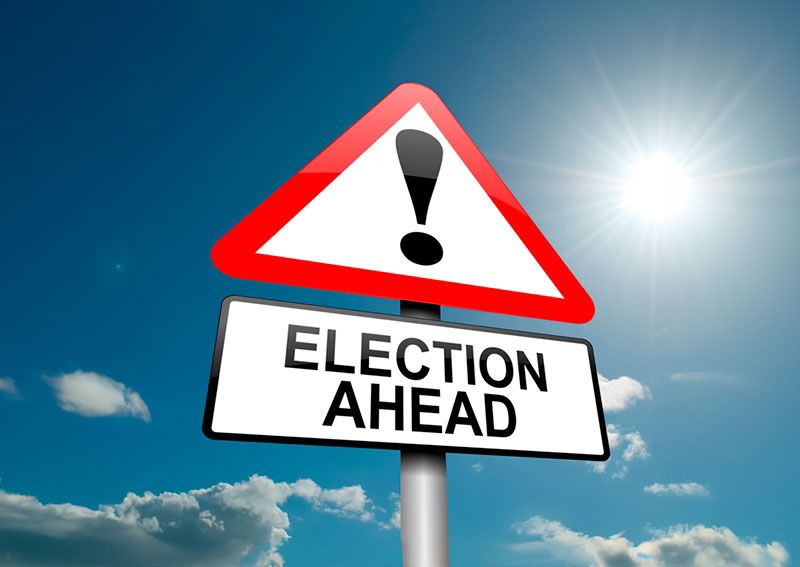A New Election, A New Threat: AI – Actually Irritating
The 2024 U.S. elections are approaching soon, and the threat of interference and disinformation looms large. Misinformation is widespread, be it from the last few elections or COVID-19. AI and deepfakes are only going to accelerate the spread.
In a media briefing on November 17, hosted by Ethnic Media Services, experts discuss the challenges posed to the 2024 presidential elections and potential solutions.
Speakers
![]()
- Gowri Ramachandran, Deputy Director of the Elections & Government Program at the Brennan Center
- Nora Benavidez, Senior Counsel and Director of Digital Justice and Civil Rights at Free Press (FP)
- William T. Adler, Associate Director of the Elections Project at the Bipartisan Policy Center
- Sam Gregory, Executive Director, Witness.org
Gowri Ramachandran kicked off the briefing, discussing the challenges of protecting election workers from threats and intimidation. She called for increased training, resources, as well as stronger legal protections for those facing harassment or violence.
Social media is one of the largest streams from which disinformation spreads. Nora Benavidez emphasized social media platforms taking stronger action to combat, recommending they implement stronger content moderation policies and invest in fact-checking and verification tools. Who knows, we might be looking at a possible AI vs. AI, now that’s going to be one heck of a battle.
Recent elections have brought up the question of the integrity of the election process. William Adler highlighted the need for increased funding for election security measures, upgrading voting machines, and hiring additional staff to monitor and prevent cyberattacks.
Media plays a huge in combating disinformation and misinformation. Sam Gregory stressed the importance of media literacy and that journalists fact-check information before reporting it. Media outlets should collaborate with public universities to access media forensics experts who can help with technical analysis.
Election interference and disinformation is real, and it’s a real threat. The speakers all echoed that a comprehensive approach is required, including increased funding, training, and resources to protect the integrity.
THE NEW KIDS ON THE BLOCK
It is no surprise that deepfakes and artificial intelligence are going to have a profound effect on the upcoming election. Sam Gregory affirms how large of a threat deepfakes really are with how convincing they can be nowadays. That’s why media literacy is so important, along with journalists verifying the authenticity of media before reporting it.
Gowri Ramachandran also discussed the potential impact of AI on the process. She noted that AI could make it easier and cheaper for non-professionals to create fake media, including deep fakes, amplifying the disinformation. She recommended that the officials promote accurate information to voters in multiple languages and through the media channels that their voters and their community use to pre-bunk any disinformation that might be targeted at the communities that election officials are serving.
Deepfakes and AI pose a significant threat to the election process. Journalists, officials, and social media platforms must be vigilant in detecting and combating the threat. It comes down to increased media literacy and fact-checking efforts, as well as social media platforms adopting a stronger content moderation policy. People may argue that it would be a violation of our First Amendment rights to shut up AI… wait, is it? Maybe a discussion for another day.
If the last few elections or the recent global pandemic have taught us anything, dealing with misinformation is no walk in the park. Unfortunately, we cann0t pacify AI with a scoop of ice cream, which is why we need to keep our scoop fresh, a scoop lacking false information, inaccurate reporting, or artificial flavoring.


